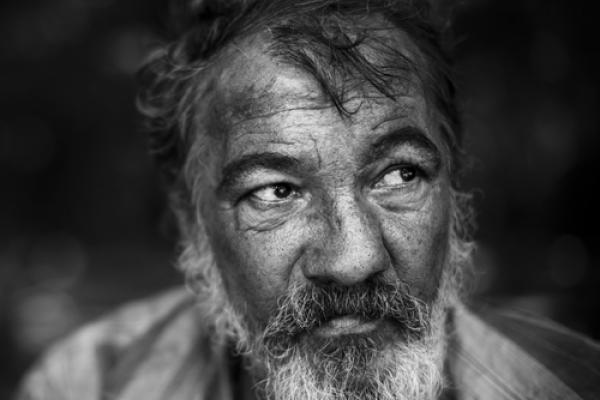There is no longer a war on hunger in this country.
There is no longer a war on poverty.
There is a war on the hungry.
There is a war on the poor.
It is being waged all over the country with the most recent — and visible — battle coming from Raleigh, N.C., and the now-viral incident with the Rev. Hugh Hollowell’s Love Wins ministries.
It’s ironic, really.
Conservatives love to tell folks that the best way to end poverty, homelessness, and need in our country is through the work and generosity of private individuals and private donations, not through government programs.
The answer, they say, is charity.
Yet in a stroke of cruel hypocrisy, when charities actually address these issues in real life, they aren’t commended for their work.
Rather, they are threatened with arrest.
Read the Full Article

